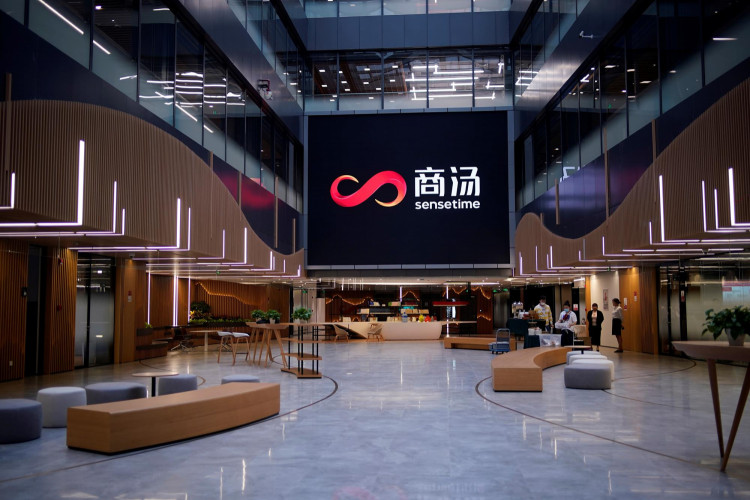Being included in the United States' list of blacklisted Chinese firms did not prevent SenseTime from achieving its business goals in China, where a campaign to enhance its biometric facial detection technology has been on top of the list of state officials.
Biometric technology plays a crucial role in China's disaster preparedness. Through this system, it helps the local government reduce the negative impacts brought about by the ongoing coronavirus pandemic and other natural calamities, Bloomberg reported.
Unfazed by any trading restriction, SenseTime still managed to earn $720 million last year on an impressive 147 percent sales rally. The tech firm also saw its client base rise to 1,200, co-founder Xu Bing disclosed. Revenues of the Hong Kong-headquartered group are expected to advance 80 percent in the coming months, or to around $1.3 billion, sources said.
Xu said the company projects business to grow as the need to mitigate the pandemic's effect also rises. The executive and the company did not divulge details on sales estimates in a statement made through email.
According to sources, SenseTime is eyeing a public listing through the Shanghai STAR tech market through a $10 billion IPO. It is also said to be eyeing a listing on the Hong Kong Stock Exchange. Alibaba Group Holding, SoftBank Group, and Temasek Holdings are some of the facial-recognition unicorn's major investors.
SenseTime had to cancel its original Hong Kong listing plan after global fallout from the coronavirus pandemic and the company's inclusion on the U.S. Entity List. A plan to put its headquarters in the United Kingdom has also been shelved, recent reports revealed.
SenseTime is engaged in the research and development of biometric facial recognition, robotics, smart learning and health. Xu Li, the co-founder and current chief executive officer of SenseTime, said that the startup was worth $7.5 billion before the Hong Kong IPO was scrapped.






